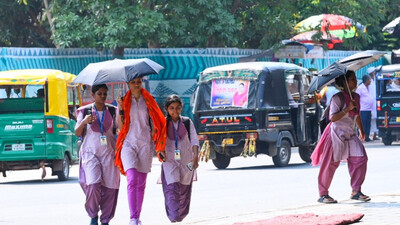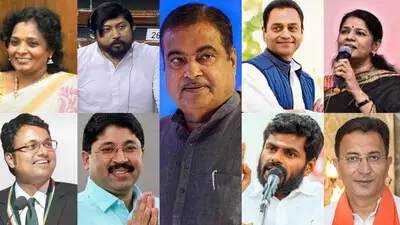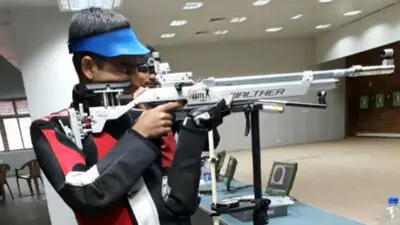The assurance was conveyed to Pakistani leaders by top Chinese diplomat Dai Bingguo to Islamabad last week in the backdrop of tensions following the November 26 cross-border NATO attack in which 24 soldiers of the country were killed and open discord between government and army over a memo alleging an army plot to seize power.
Dai who concluded a two day visit to Islamabad on December 24 has assured China`s policy of support to Pakistan "will not be shaken" despite any changes in the international landscape, Chinese Foreign Ministry Spokesman, Hong Lei told a media briefing here today. "China also supports Pakistan to play a bigger role in international and regional affairs. China believes Pakistan has the wisdom and capacity to properly deal with relations with relevant countries and safeguard its own interests", he said.
Asked about the outcome of Dai`s visit to Islamabad, Hong said the visit took place in connection with the closing ceremony of the 60th year of establishment of diplomatic relations and year of friendship between the two countries. "The two sides exchanged views on China-Pakistan relations, issues relating to Afghanistan and other regional issues of common interest", Hong said.
Dai, whose official designation is a state councilor which in Chinese hierarchy is far higher than the Foreign Minister had held separate meetings President Asi Ali Zardari, Prime Minister Yousuf Raza Gilani, Foreign Minister Hina Rabbni Khar and Army Chief Gen. Ashfaq Kayani.
Leaders of Pakistan told Dai that "friendship between China and Pakistan rooted in the two peoples went from strength to strength with passage of time. China is an all weather friend of Pakistan and has provided lot of assistance for its economic development," he said.
"Pakistan government and people will remember this forever. Friendship with China is a cornerstone of Pakistan`s external strategy. Pakistan is ready to continue to firmly support China on all issues concerning the core interests of China and is ready to work together with Chinese side to promote traditional friendship of the two countries, step up coordination and cooperation on international and regional issues so as to push bilateral strategic relationship to a new high", he said.
In his talks with them "Dai pointed out that China regards Pakistan as sincere and reliable friend and strategic partner for cooperation", Hong said.
China wields considerable influence over Pakistani military by virtue of its longstanding strategic relations. "China will continue to be committed to be developing China-Pakistan strategic and cooperative partnership. Whatever the changes taking place in the international landscape this set policy will not be shaken," Dai had assured Pakistani leadership.
The celebrations of 60-years of ties were kicked off last December in Islamabad by Premier Wen Jiabao. China`s choice to send Dai a seasoned diplomat instead of a leader from nine member politburo for the ceremonial occasion came in the backdrop of alarming deterioration of US and Islamabad ties and amid open apprehensions expressed by Gilani of a military coup. Pakistan`s problems with the international community and internal problems figured in the talks.
Significantly, Dai had also assured Pakistan leaders of China`s support to it in maintaining internal stability and help it to play bigger role in the international and regional affairs.
"China firmly supports Pakistan in safeguarding its national sovereignty, independence, territorial integrity and national dignity. China supports Pakistan in maintaining national stability, improving economic development, livelihood, creating a sound external environment", Dai assured Pakistani leaders, according to Hong. The assurance came as Pakistan set to take its seat as non-permanent in the UN Security Council from January for the next two years.












